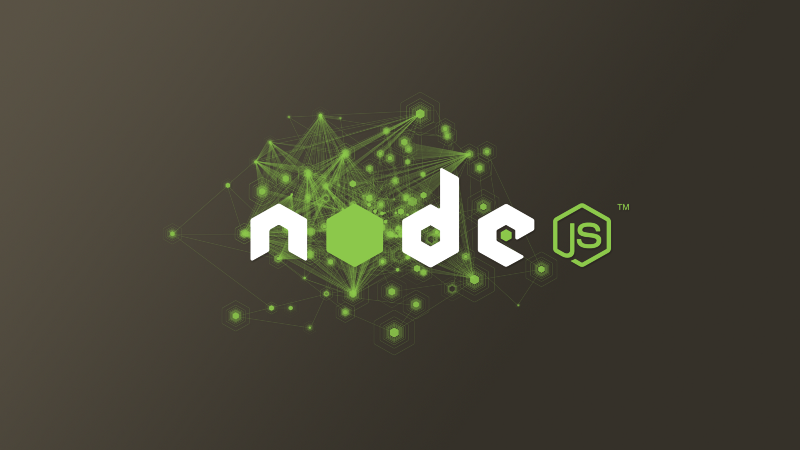

In order to work correctly with Express and Socket.IO we need to require the http module of node.js as it will be at charge of the server. Likewise, install Socket.IO in your project executing the following command in your Node.js console: npm install socket.io -saveĪnd you're ready to get started! Implementation Install Express on your project executing the following command in your Node.js console: npm install express -save In this article, you'll learn how to put to work Socket.IO and Express Framework, the minimalist web framework easily in a couple of minutes.

Besides, it handles browser inconsistencies and varying support levels for you and is a lot of easier to work with instead of vanilla web sockets, at least at the moment. Socket.IO handles graceful degradation for you to numerous technical alternatives to get bi-directional near-time communication flowing (web sockets, ajax long polling, flash, etc). Var sharedsession = require("express-socket.io-session") Ĭonsole.log("express session ID:", ) Ĭonsole.log("socket session ID:", ) Ĭonsole.Sockets abstract the network into something easier to handle and to work with. Socket.IO enables real-time bidirectional event-based communication, it works on every platform, browser or device, focusing equally on reliability and speed. Secure: false, // will change to true when deploying to production nnect().catch(console.error) Ĭonst session = require("express-session") How can I fix this? I need them to be consistent even if user visits first timeĬonst RedisStore = require("connect-redis").default Ĭonst )

When, however, the user reloads or visits later again, then the session IDs are the same. However, when the user visits my app for the first time ever, the console.log of the Express session ID and the Socket io session IDs are different. I'm using "express-socket.io-session" to share session data between socket.io and express.


 0 kommentar(er)
0 kommentar(er)
